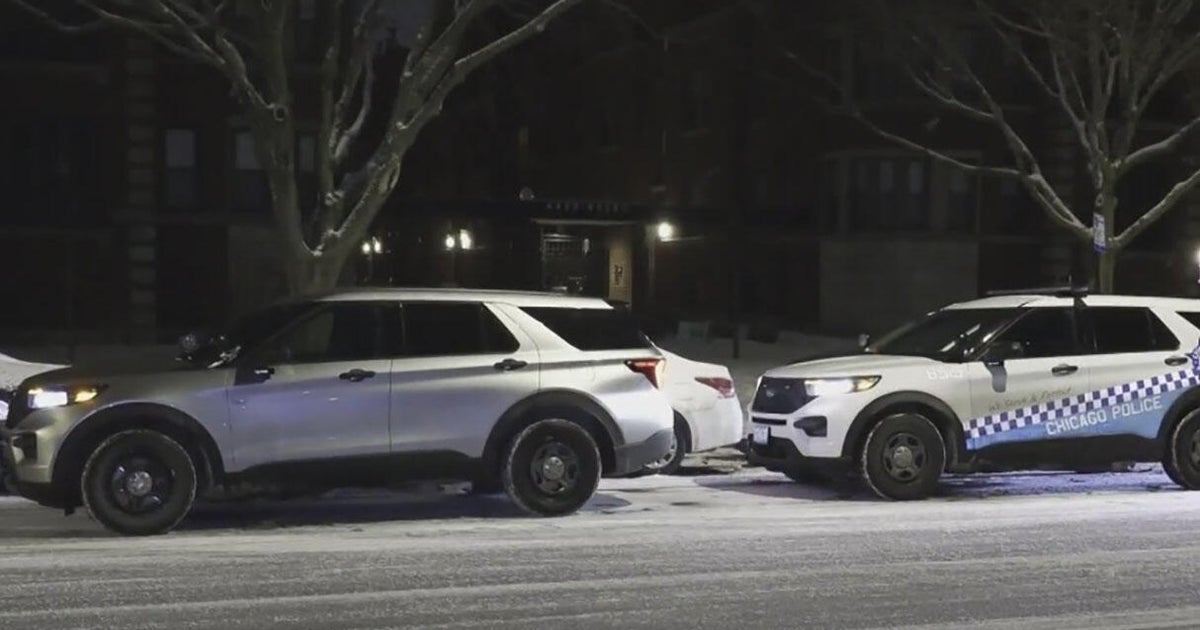Nebraska Executes First Inmate Using Fentanyl
LINCOLN, Neb. (AP) — Nebraska carried out its first execution in more than two decades on Tuesday with a drug combination never tried before, including the first use of the powerful opioid fentanyl in a lethal injection.
Carey Dean Moore, 60, was pronounced dead at 10:47 a.m. Moore had been sentenced to death for killing two cab drivers in Omaha in 1979. He was the first inmate to be lethally injected in Nebraska, which last carried out an execution in 1997, using the electric chair.
Witnesses said that there appeared to be no complications in the execution process, which also was the first time a state used four drugs in combination.
At one point while on the gurney, Moore turned his head and mouthed several words to his family, including "I love you."
In his final written statement, Moore admitted: "I am guilty." But he said there are others on Nebraska's death row who he believes are innocent and he said they should be released.
"How might you feel if your loved one was innocent and on death row?" Moore asked.
Moore's execution comes a little more than three years after Nebraska lawmakers abolished the death penalty, only to have it reinstated the following year through a citizen ballot drive partially financed by Republican Gov. Pete Ricketts. The governor, a wealthy former businessman, has said he was fulfilling the wishes of voters in the conservative state.
The Nebraska drug protocol called for an initial IV dose of diazepam, commonly known as Valium, to render the inmate unconscious, followed by the powerful synthetic opioid fentanyl, then cisatracurium besylate to induce paralysis and stop the inmate from breathing and potassium chloride to stop the heart. After each injection, prison officials sent saline through the IV to flush out any residue and ensure all the drugs had entered the inmate's system.
Diazepam and cisatracurium also had never been used in executions before.
According to prosecutors, Moore was 21 when he fatally shot Reuel Van Ness during a robbery with his younger brother, and used the money to buy drugs and pornography. Moore fatally shot Maynard Helgeland by himself five days later, saying he wanted to prove he could take a man's life by himself. Moore was arrested a week later. He was charged and convicted of first-degree murder, while his 14-year-old brother was convicted of second-degree murder.
In his statement, Moore also apologized to his brother, who was with him during the 1979 robbery and murder of Van Ness.
"I should (have) led him in the right way to go instead of bringing him down, way down," Moore said of his brother.
Moore had faced execution dates set by the Nebraska Supreme Court seven times since he was convicted, but each was delayed because of legal challenges and questions over whether previous lethal injection drugs were purchased legally. For some relatives of Moore's victims, that was far too long — and they hope his name and crimes will finally vanish from headlines.
"We're sick of hearing about Carey Dean Moore," Steve Helgeland, one of Maynard Helgeland's three children, said ahead of the execution.
Helgeland said the numerous delays in executing Moore had left him ambivalent about whether his father's killer dies by lethal injection or spends the rest of his life in prison. Helgeland said he plans to be present at the prison for the execution to honor his father's memory, but that he won't witness it.
"There was a point in my life when I probably would have pulled the switch myself, but 39 years has a way of dissipating your anger," he said.
A Germany-based drugmaker tried to halt the execution last week, filing a lawsuit that alleged the state had illegally procured at least one of the company's drugs. The company, Fresenius Kabi, argued that allowing the execution to go forward would harm its reputation and business relationships.
But a federal judge sided with state attorneys , who argued that the public's interest in carrying out a lawful execution outweighed the company's concerns. The judge also noted that Moore had stopped fighting the state's efforts to execute him.
A federal appeals court upheld that ruling Monday, and Fresenius Kabi decided not to take the issue to the U.S. Supreme Court.
By GRANT SCHULTE, Associated Press
(© Copyright 2018 The Associated Press. All Rights Reserved. This material may not be published, broadcast, rewritten or redistributed.)







